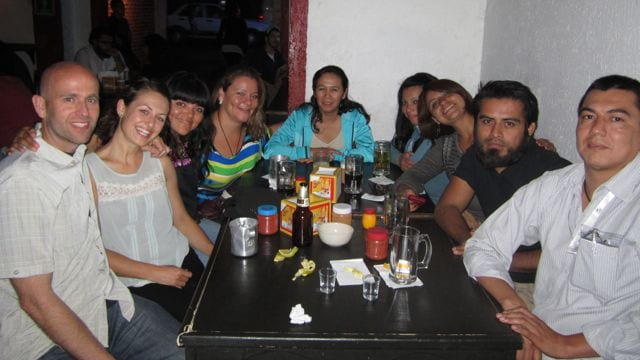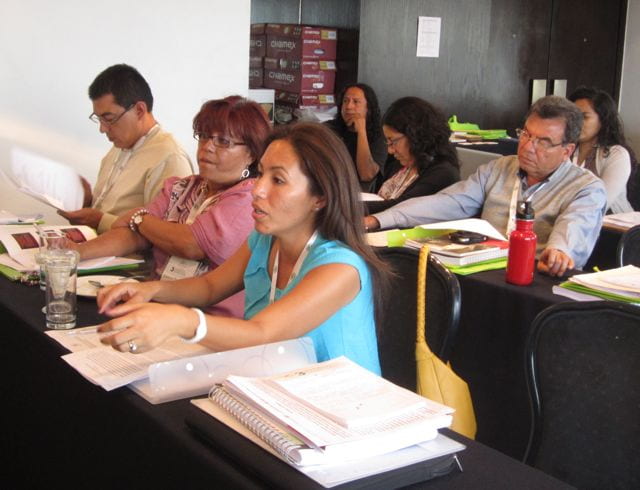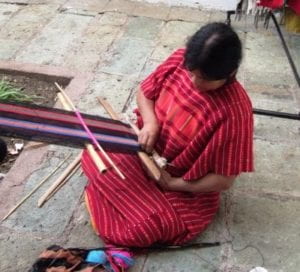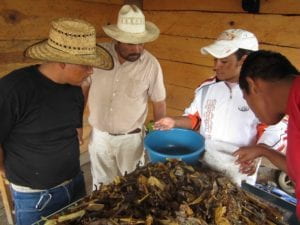Ameneé Siahpush
Oaxaca, Mexico
Global Workers Justice Alliance (GWJA)
Today an estimated 214 million migrants worldwide cross national borders seeking employment. As a population that is largely uninformed of its rights and resources, it’s not a huge surprise to learn about the exploitation migrant workers suffer in the workplace. We’ve all heard about cases of unpaid wages, human trafficking schemes, unlawful termination of employment, or sexual harassment.
But what happens when a worker decides to pursue his case, but is forced to return to his home country – either because of an expiring visa or because of a family emergency – before the case is settled? Before interning with Global Workers Justice Alliance, I had never thought about this before. And as someone who is not a law student, I had a very slippery grasp, at best, on how cases like this unfold.
Here’s an example: “While in the United States working as a landscaper with the H-2 guest worker program, Eric suffered a debilitating knee injury. After various delays, the company eventually complied with the law and provided him medical care. When Eric’s visa expired he followed the law and went home. Once back in Guatemala the insurance company refused to provide him continuing coverage. Eric was barely able to sustain his family with a poor paying construction job that only worsened his condition” (Global Workers).
What typically happens in these situations is that valid claims are abandoned when a worker leaves the United States, which is of course unfair to the worker and leads to unsafe working conditions for those who remain at the job.
Portable justice—the term coined by Global Workers as the right and ability of transnational migrants to access justice even after they have departed their country of employment—is key to ensuring migrants are no longer treated as a disposable workforce. In promoting portable justice, Global Workers has created a Defender Network, which is a network of human rights organizations that partner with Global Workers to act as advocates and resources for migrants in their home countries and abroad. Through this Defender Network, Global Workers was actually able to transfer Eric’s case to a law school clinic in his hometown, which then secured his medical care for the future.
A few weeks ago I had the incredible opportunity to join Global Workers at their third New Defender Training in Mexico City. Nearly 30 human rights advocates and lawyers from all over Mexico gathered to learn about labor laws, the judicial system in the U.S., and the steps in facilitating labor cases for workers who have come to the U.S. and have suffered labor rights abuses. Through the training, I was constantly reminded of the importance of grounding human rights projects in cross-organization and cross-agency collaboration. It’s because of this collaborative model that migrants are getting support and education on both sides of the border, that we’re able to see the commonalities between migrant’s rights and, for example, women’s rights, and (selfishly) that I’m getting introduced to so many dedicated people doing such incredible work.
A few photos of the from the training:



